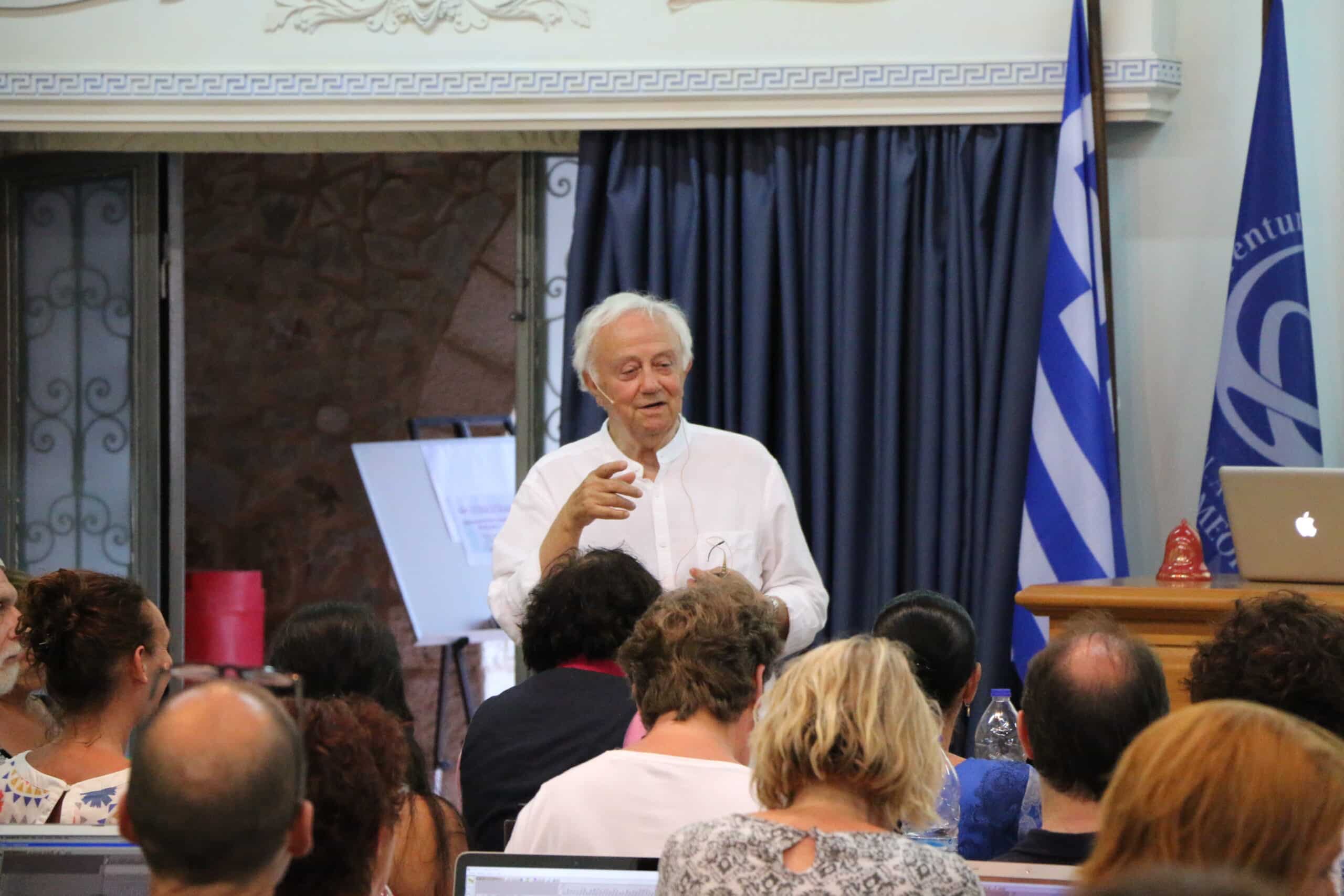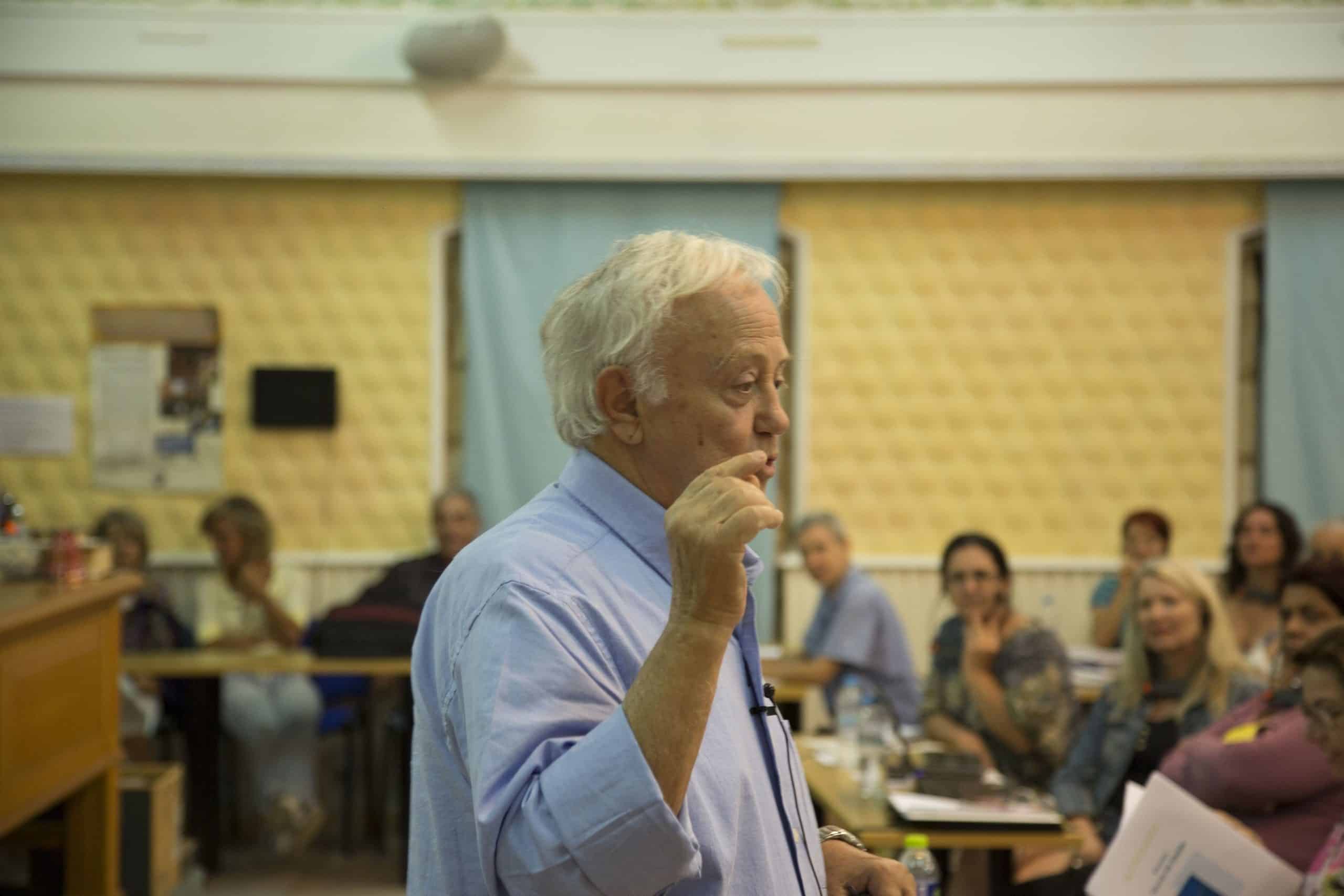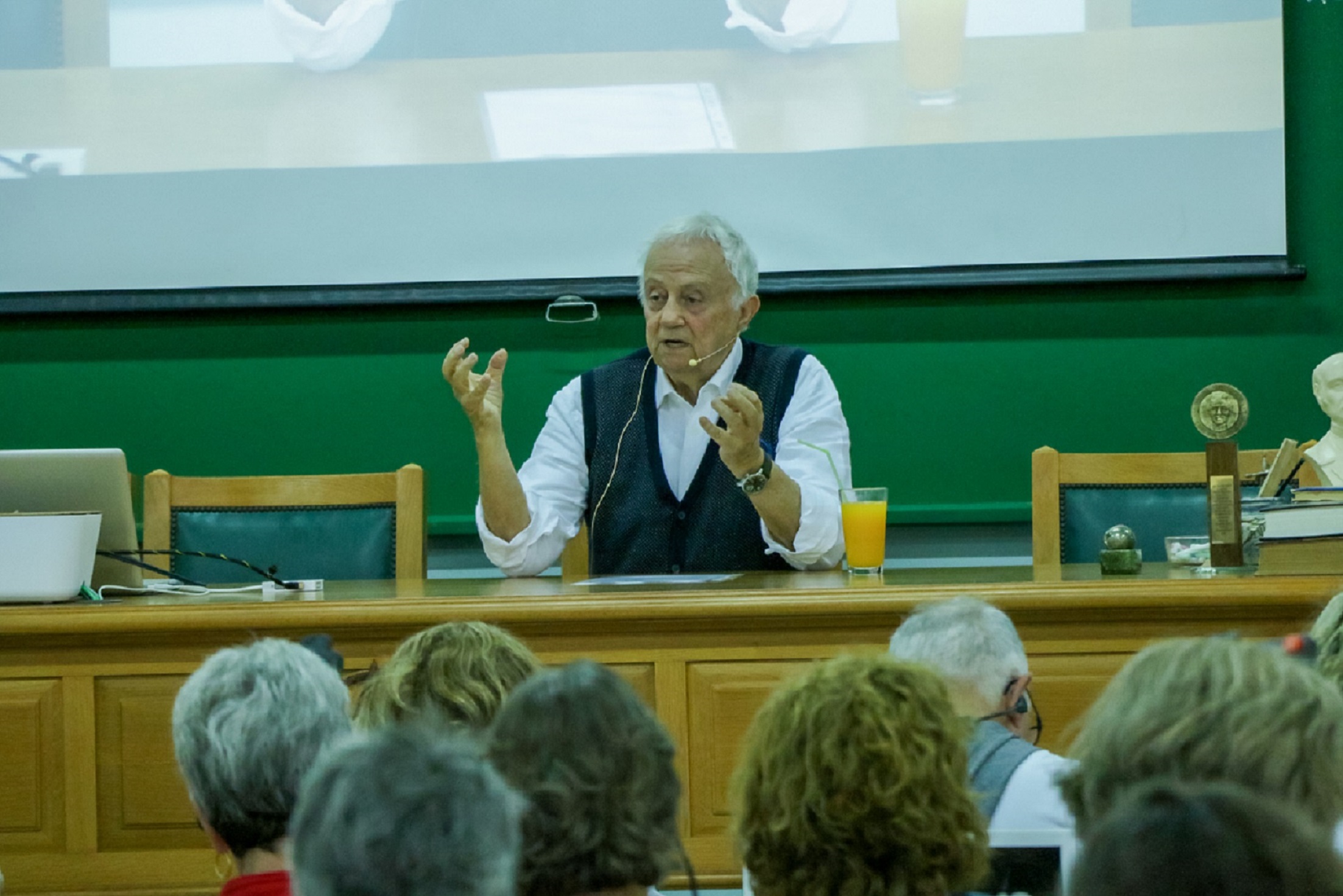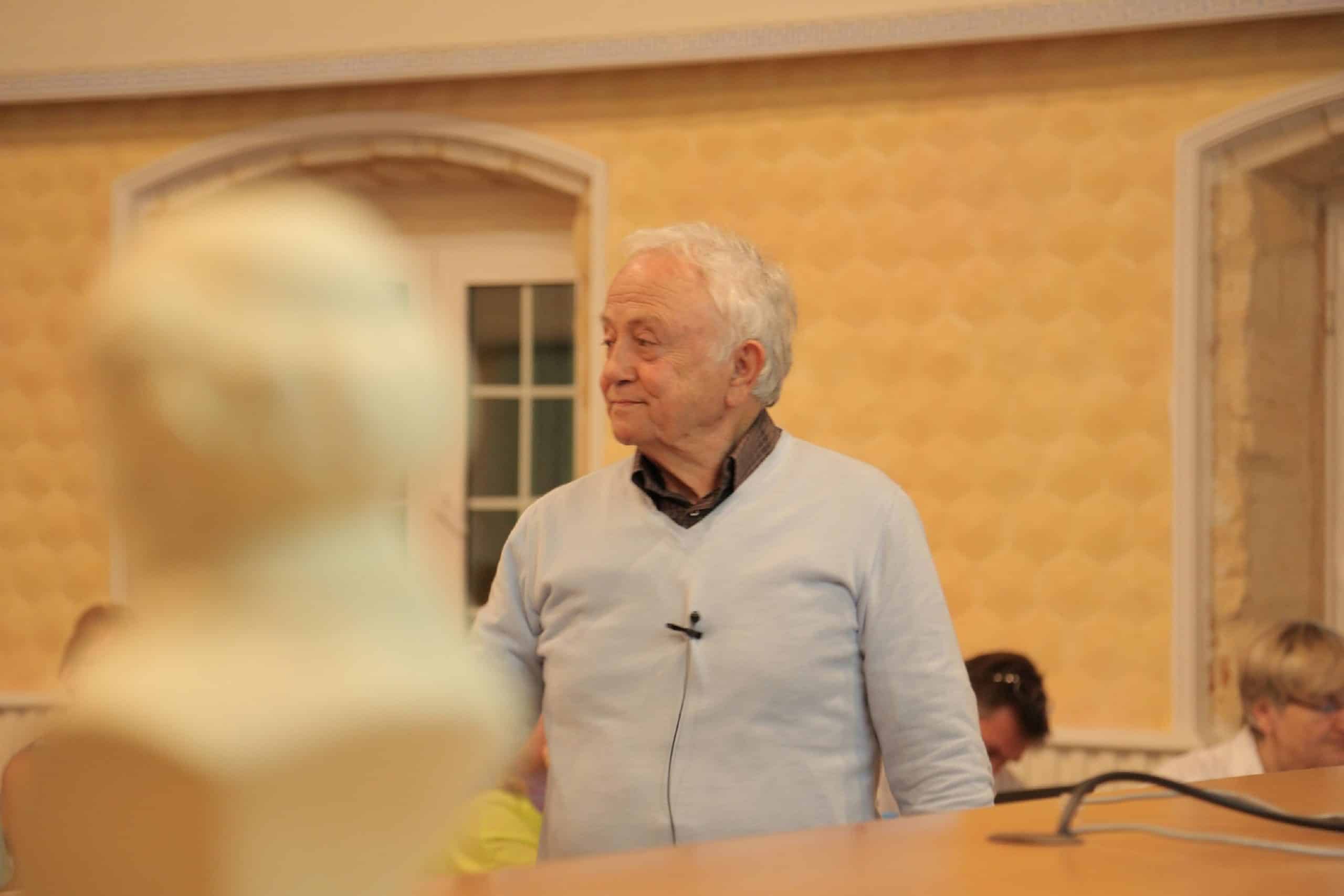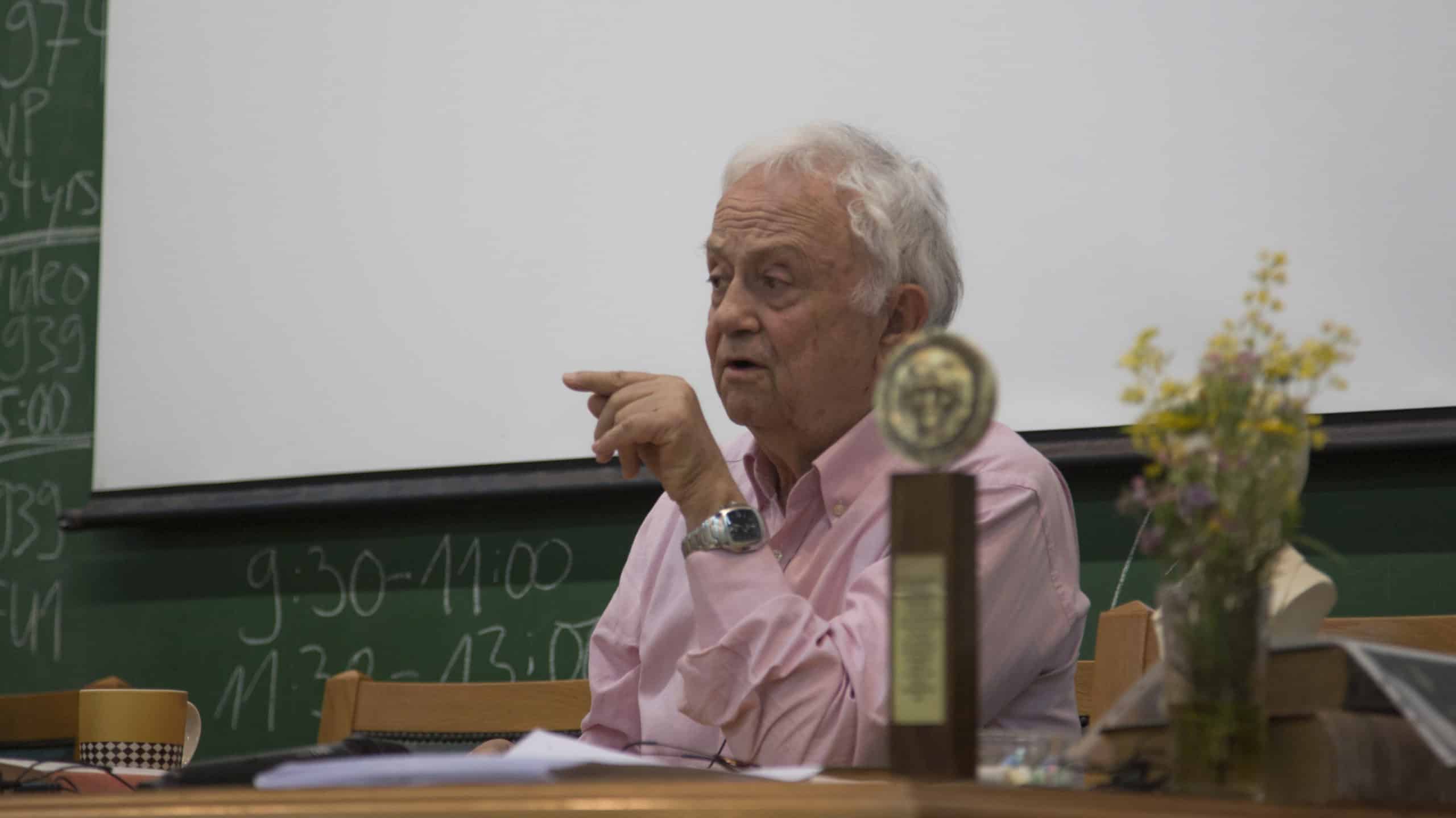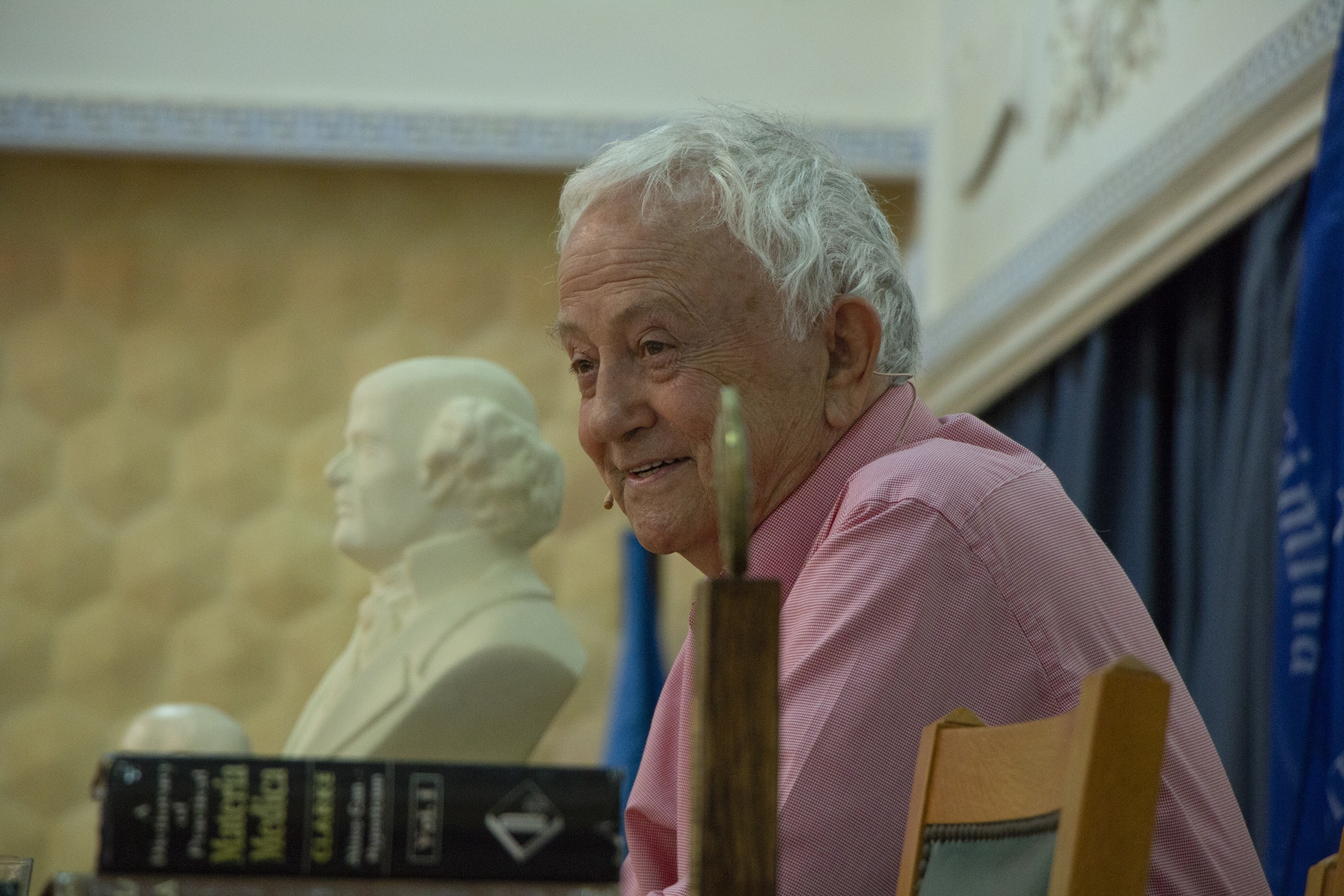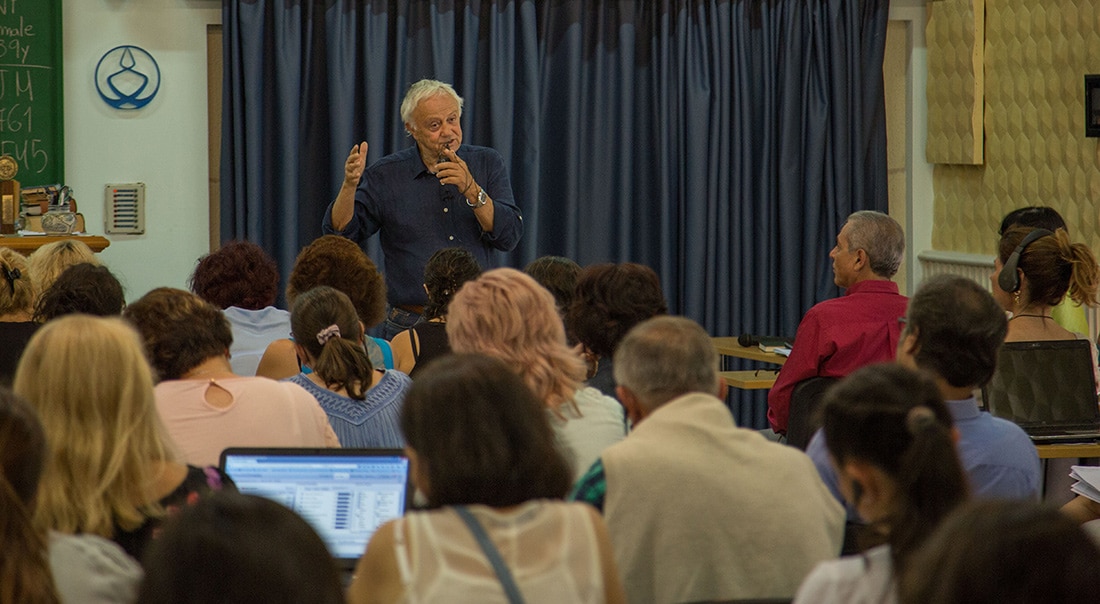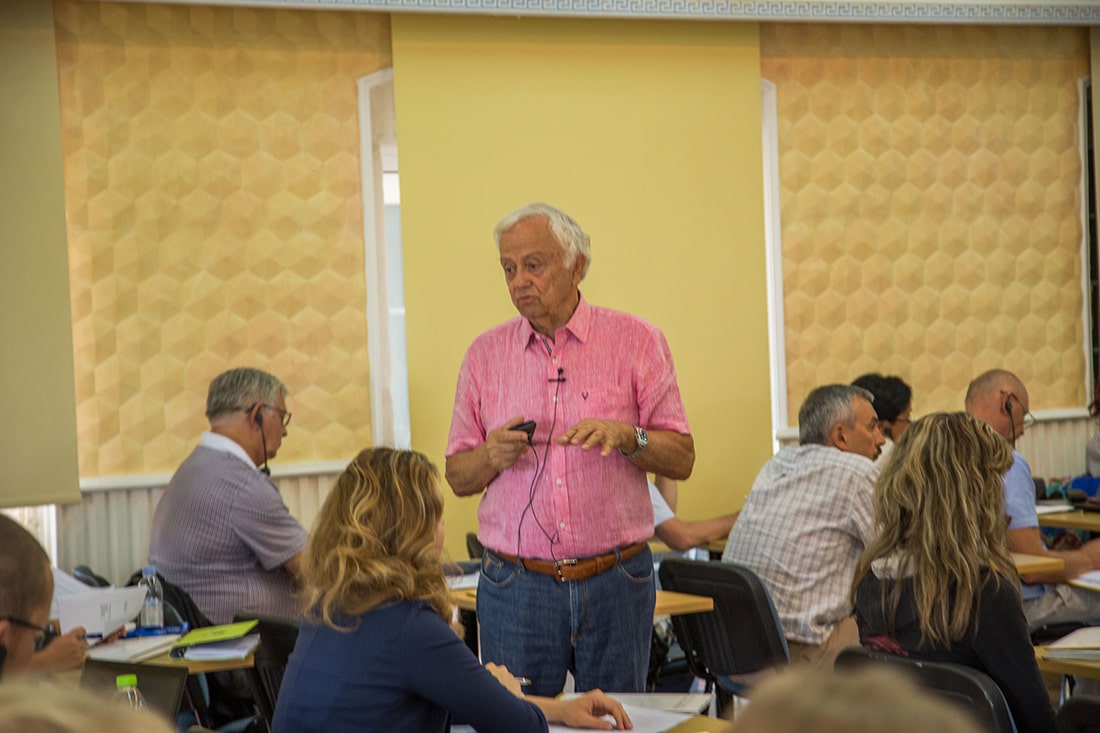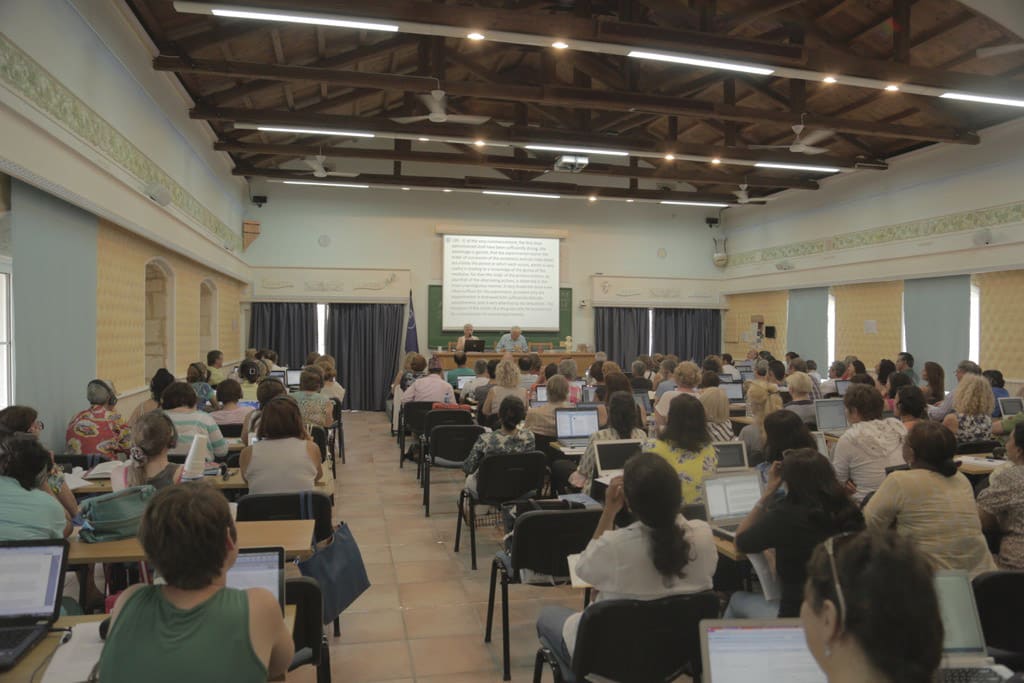Available in the following languages:
 |
 |
 |
 |
 |
 |
 |
The rapid development of medicine in the 20th century, due to the large-scale implementation of breakthroughs in chemistry, biology, and applied technologies (electronics, laser technology, etc.), seemed like a miracle, possibly capable of addressing some of the most painful problems in human history.
However, ever since the “decades of defiance” (1960-80), there have been voices of protest, questioning the “strategy” of traditional medicine itself -suppressing symptoms yet not curing their causes- while pointing out the serious side effects of treatment, and especially those with chemical medicines which were massively introduced in medical practice after World War II.
Since then there has been an ever increasing interest in the so-called alternative methods of treatments, which keeps growing despite the objections of conventional medicine. These include homeopathy, an approach that prevailed in a great part of the western world beyond and during the 19th century, before fading into obscurity in the 20th centuary.
It would be a Greek man, George Vithoulkas, who would revive it and reestablish it on a global level as a minority yet important trend in the field of medicine, also fighting for its appreciation and its reinstatement in its proper form that was the individualization of the treatment for each patient. Honored with the “alternative Nobel prize” (Right Livelihood Award) for this contribution of his, professor emeritus at the University of the Aegean and at the Moscow and Kiev Medical Academies, honorary doctor of several medical schools, George Vithoulkas has also established the International Academy of Classical Homeopathy in the island of Alonnisos, making Greece the global center for homeopathy.
On the occasion of the republication of his book “The New Dimension in Medicine” by Patakis Publications, George Vithoulkas kindly agreed to answer the questions of the Athens News Agency-Macedonian Press Agency (ANA-MPA).
Dimitris Konstantakopoulos interviews George Vithoulkas.
– Mr. Vithoulkas, in your book you claim that conventional medicine has failed its mission to prevent or cure chronic illness, as well as that it is principally responsible for the degeneration of people’s health. Why are you saying this? Advocates of conventional medicine will demur that it has worked miracles, that it has dramatically increased life expectancy.
It would take a long book to answer such a question, but this little book I wrote might include some hints.
What I mean is that conventional medicine has failed in its therapeutic approach. It has made great progress in surgery and in the field of technological developments, but it has taken the wrong path when it comes to therapeutics, that is in the use and many times abuse of chemical medicines and hormones to in order to combat especially chronic conditions.
It is certainly true that it has increased life expectancy, but at the same time it has degraded general health and quality of life.
– What do you mean by that?
What we know now is that serious chronic diseases can be suppressed, but not cured. The suppression of symptoms, however, forces the disease process to go deeper into the organism, i.e. into the emotional and mental level.
– Please give us an example.
A person receiving a suppressive treatment for any chronic condition runs the risk of manifesting mental and emotional disorders, such as extreme irritability, stress, depression, sexual disorders, which initially don’t seem to interfere with the person’s social and professional life; but over time, the disorder focuses more and more on the mental and emorional levels and, almost deviously and maliciously, undermines the person’s general health. In the last few decades, these effects have emerged in the Western world, with the population suffering almost in its entirety from mental diviations and disorders.
– What is your response to those who claim that homeopathy and “alternative treatments” in general are a risky form of quackery? Which alternative approaches, other than homeopathy, do you embrace and which do you dismiss or you don’t consider to be effective?
Such simplifications are sheer superficiality, throwing the baby out with the bathwater for creating impressions. Today, there are hundreds of “therapeutic proposals” that accomplish nothing but at the same time deceive the mentally weak and uneducated people of the western world. This one-size-fits-all mentality, bundling all these “options” together with certain serious alternative forms of treatment, like homeopathy, acupuncture, osteopathy, chiropractic, dietetics, physical hygiene -which are all tried and established therapeutic approaches- creates confusion that serves all others except the poor patients, who get lost in this maze of options. Certainly, according to my personal understanding, each of these few therapeutic systems that I mentioned, have results in certain conditions and under certain circumstances. My field of expertise is homeopathy, which I consider the most organized and effective therapeutic option, probably also covering the greatest range of health conditions. However, we shouldn’t give the impression that homeopathy can cure everything or that it is easy in its practice.
– You remain thoroughly critical of the use of antibiotics, penicillin, and cortisone, among others. Yet, aren’t these the miracle medicines, the means necessary to treat infection? What would become of us without them?
It is true that many times these medicines can save the life of people with serious infections, but this doesn’t necessarily mean that these patients won’t suffer the side effects of these medicines, which might affect them for the rest of their lives. In chronic illness, however, things are much worse. When someone develops a serious chronic condition the doctor’s advice is that the patient should come to terms with the fact that they will be dealing with this condition for the rest of their life, with the assistance of medicines which almost never cure but only offer palliation.
It is in certain of such cases that homeopathy can intervene and restore the body’s lost balance, so that the person doesn’t depend on chemical medicines.
– You are not the only one who has criticisms for the bases of healthcare and the way it is organized. However, and despite the promotion of ideas such as yours, things haven’t changed sufficiently. Where do you attribute it?
There is an entire healthcare system established by standard medicine which can’t collapse from one day to the next. This system will surely tumble one day since it’s not based on a humane practice of medicine focusing on the health of the people. The interests of pharmaceutical industries, the ambitions of medical scientists, as well as the competition between them, the urge for money and glory are so strong that the true concern for a humane medicine is secondary. We’re talking about the established system of health care as a whole, but we shouldn’t of course disregard that doctors, especially those working in hospitals, are battling with self-sacrifice to help their patients on a daily basis.
– In your book, you describe extreme egotism as an incentive for illness. This position seems to be in direct contrast with the established idea prevailing in society. Are you going too far?
This view is the result of my experience in treating thousands of patients. While taking their medical history I discovered the role of egotism and selfishness that plays in generating disease. For instance, a selfish person is affected much easier and much more severely than a modest and humble person. Someone who thinks they know everything will at some point become the object of other people’s scorn, and will be deeply hurt and then the pain will be deep and strong; the stress of an insult will be enormous for an egotistical person, and there’s a strong possibility in such instances developing a chronic disorder to which the person is predisposed. Naturally, it’s not only selfishness that may trigger inherent chronic diseases, but it still constitutes an important factor. I should certainly say that, to a certain extent, a healthy “pride” can be useful, when it helps to maintain one’s dignity.
– In your opinion, what is the relationship between human moral authority, mental/spiritual state and physical health?
The more down-to-earth, modest, and amiable someone is, the less risk they run to become ill due stress from injustices, malice and insults directed at them. A person who has learned to forgive even when they have been blatantly wronged, protects themselves from triggering their body’s inherent predisposition to chronic illness -which anyone could develop at any point but especially if the immune system is aggravated by strong negative emotions.
– How do you explain that people who generally are not considered by society to be of particular moral integrity -like many politicians, at least if we believe opinion polls and what’s being said about them -seem to have a remarkable ability to survive? Ultimately, who survive better, the good or the bad?
This is quite an interesting question which has been of particular concern for me as well. It seems to me that the battle for power requires people who must be very strong, very healthy by nature, since birth. We used to see this sort of so-called “solidly built” people in political families, where the father succeeds financially and socially on his own merit, but after coming to power, he wishes to keep it indefinitely, securing authority and wealth for all his future progeny.
Once he grabs power wants to stay forever, not only for himself but also for his progeny , and then inner struggle begins with his conscience, until he manages finallt to suppress the voice of conceinsce so that it stops bothering him. From then on, a subtle decline of the body begins. This will initially manifest with stress, with phobias, with panic attacks, and later ending up in physical pathology also. As long as a politician is led by idealism to save his country, they are salvaged –health wise- and evolve as personalities. The more a politician is led by self-interest, the less appeal jave to the public and the deeper they plummet, first on his political carreer and then on a mental and physical level. Therefore, politicians who were born with the privilege of having the best possible health, end up ill and corrupt, at the mercy of a degenerated society, for which they have contributed themselves in its creation. We are, of course, talking about the politicians who exercised power. The ones who deviated from the aforementioned system, such as Ioannis Kapodistrias or Nikolaos Plastiras, were either assassinated or ostracized.
– The average ill person is bombarded with a set of information and advertisements, direct or indirect, as well as controversial and different calls both by the media and physicians. In your opinion, what should a person do to orient themselves in this environment, where confusion prevails?
Someone who remains dispassionate, who isn’t deceived by the glamorous advertising who is not after gaining easy money and fast social advancement, that person alone will be able to judge and properly assess the phenomena of our time—that person will manage to remain healthy and make right decisions. Our grandfathers were such people. An example of such a healthy, judicious, profound person is the Member of the Academy of Athens Konstantinos Despotopoulos, an extraordinary man who is well in to his103th year of age, as well as some of his old friends he mentions in his interviews (note: the interview with Mr. Vithoulkas took place before the death of Kon. Despotopoulos.) All modern Greeks should listen to him in his interviews if they want to see a true type of a healthy person. People of his caliber are becoming more and more rare, while the others, the majority, will be more and more affected in their health from an ever-degenerating culture that confuses and degrades the human beings.
– How do you assess the current situation and crisis in the Greek healthcare system? What should be done? How could homeopathy and other “alternative approaches” help address this crisis?
How could you expect to have a wholesome healthcare system in a country which is so sick and outworn as Greece? Unless the political landscape changes drastically, there will be no true solution for the healthcare system.
Right now the entire system is pushed into an overall privatization of health and only those who have the means to pay will find doctors and medicines. As for the rest…
The present global situation of utter inhuman behavior, cruelty, and barbarism heralds the direction in which things are led by those who drive worldwide developments. They’re definitely not interested into building sound healthcare systems since they themselves will always be able to find the best doctors and the best medicines. The rest will keep wondering about the same essential question: when this society will become truly Human?
– Say a few words about your book.
This book raises more questions than providing answers to the major issues regarding health. Proper and comprehensive answers will emerge one day, when all of us will have realized that happiness and health is not found in money or power, but in our concern and love for our neighbors.

